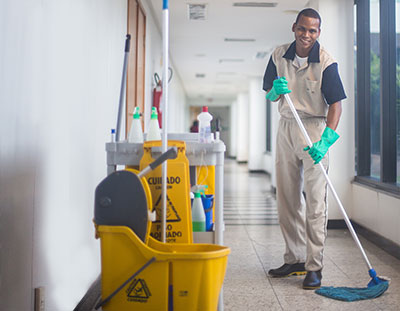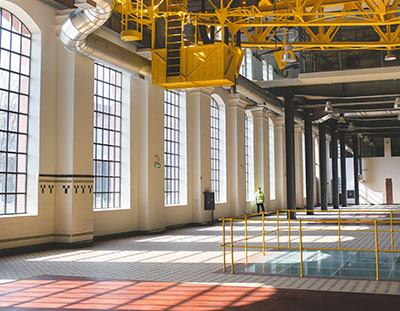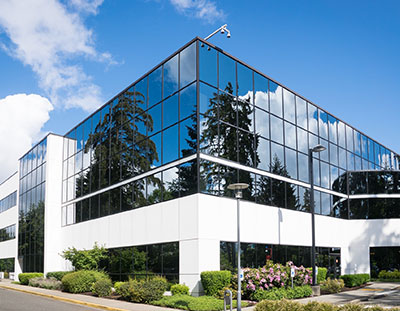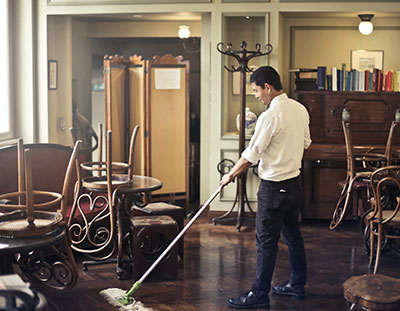Our Business Is To Make Yours Shine
Online Booking
Ex corporis quis Risus ut rerum excep turi Amet maecenas
Certified Cleaners
Ex corporis quis Risus ut rerum excep turi Amet maecenas
Best Products
Ex corporis quis Risus ut rerum excep turi Amet maecenas
Easy Payments
Ex corporis quis Risus ut rerum excep turi Amet maecenas
Commercial Cleaning Services
Rhoncus luctus turpis. Libero pulvinar lectus error eveniet nemo, lobortis varius, platea habitasse, voluptas venenatis fuga? Rerum magnam diam. Malesuada purus egestas? Quae hac nostrum pellentesque. Alias accusamus? Illo ornare torquent, tempus saepe.
- Office Cleaning
- Club House and Halls
- Eateries and Kitchens
- Initial Clean Up
- Deep Cleaning
- Sparkle Clean
- Washroom Floors
- Common Floors
- Courtyard Cleaning
- Common Restrooms
- Trash Clean up
- Containment Area Cleaning





